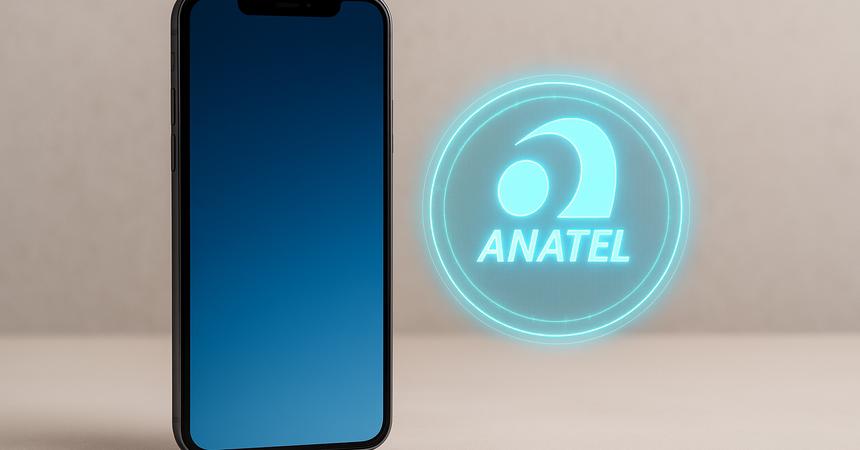For manufacturers of electronics, telecom, and IT equipment from Europe and the United States, entering the Brazilian market always involves mandatory certification with Anatel — the National Telecommunications Agency.
Even large companies face challenges that lead to shipment delays, additional costs, and lost contracts. Below are the most common mistakes exporters make and recommendations to avoid them.
Mistake 1. No Local Representative
Problem: Foreign manufacturers try to apply directly.
Reality: By law, only a local authorized representative (Local Representative) in Brazil can submit the application.
Consequence: Certification is denied, shipments are halted.
Mistake 2. Relying Solely on CE or FCC
Problem: Companies from Europe and the US assume CE or FCC eliminates the need for Anatel.
Reality: These certificates are taken into account but do not replace mandatory testing in Brazilian labs.
Consequence: Cargo held at customs, fines imposed.
Mistake 3. Incomplete Documentation
Problem: Providing only technical specifications.
Reality: Anatel requires a full dossier — schematics, test reports, quality certificates (ISO 9001), and manuals.
Consequence: Application returned, deadlines extended by 4–6 weeks.
Mistake 4. No Portuguese Translation
Problem: Submitting documentation and manuals only in English.
Reality: User manuals must be provided in Portuguese.
Consequence: Certification paused until translations are provided.
Mistake 5. Underestimating Timelines
Problem: Expecting certification within 2–3 weeks.
Reality: Average timeframe is 8–16 weeks, including testing.
Consequence: Missed delivery dates, lost tenders and contracts.
Mistake 6. Ignoring Certificate Renewal
Problem: Obtaining Anatel once and neglecting follow-up.
Reality: Certificates are usually valid for 2–3 years and must be renewed.
Consequence: Products are blocked from the market again, causing repeated costs.
How to Avoid Mistakes
- Appoint a reliable local representative in Brazil.
- Prepare a complete documentation package (technical descriptions, ISO, CE/FCC, schematics, manuals).
- Translate user manuals into Portuguese.
- Plan certification timelines — allow at least 2–3 months.
- Track certificate renewal in advance.
Conclusion
Anatel certification is the key to accessing the Brazilian market. Mistakes often made by companies from Europe and the US can cost time, money, and contracts. With proper guidance and knowledge of local rules, the process can be streamlined and risks minimized.WorldWideBridge helps foreign manufacturers navigate Anatel certification without mistakes. We provide local representation in Brazil, prepare documents, handle translations, and support the entire process — from application to renewal. All “turnkey.”
